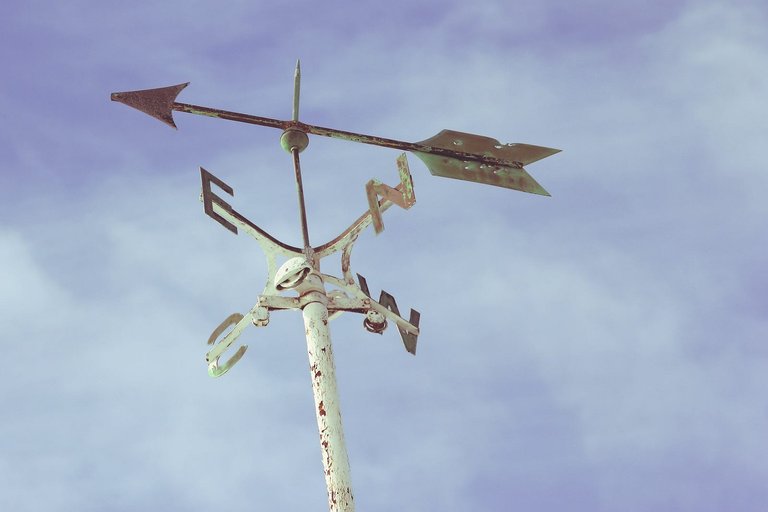After several intense months where everything accelerated, I felt the need to take a short break, inspire a big blow and take stock of this adventure - still in its infancy.
I have started a series of articles to explain what this experience has brought me, not only as an entrepreneur but also as an individual. Here's the first one:
What I remember after 1 year of entrepreneurship - Act I
After several intense months where everything accelerated, I felt the need to take a short break, to breathe in the air, to breathe in a...
I hope that this reading will help you, in the same way that I was helped, to launch you in this very enriching project.
Act II. Working your self
Scene 1. Weakness filter

A contractor does not sell a product or service, he sells his person. You can sell the most beautiful product in the world, if no one believes in you, nobody will buy it.
I don't like to talk about myself for fear of being pretentious or even arrogant to others. However, from my short experience, I have always managed to "sell" my product and my person quite easily. The cause? My transparency. I don't consider myself a good salesman. First, because it is not a skill that I have learned, and I do not yet have enough experience to have already acquired it. I'm mostly of a rather shy nature and I'm incapable of surviving anything - at least selling it more than I believe in. And that's what saves me.
When I talk about my service, my product, or myself, I readily accept the weaknesses that my interlocutor points out. This is of course facilitated by the fact that my product is still only a prototype, which increases the audience's leniency. But, by being true on my speech, transparent on the limits, it is establishing a climate of confidence. Accepting weaknesses brings out qualities. "Okay, this doesn't work, but when he tells me it works, I can believe it." It is the authenticity of my exchanges that helps me. I lack many skills; accepting them is already the beginning of the personal work to be done to acquire them.
Do not try to hide the limitations of your project. If there are, improve them. If there isn't, it's because you're lying to yourself.
Scene 2. Appetite comes when you eat

Taking care of yourself is a full-time job. When you embark on an entrepreneurial adventure, it's very easy to let yourself get caught up in your project and forget everything else. This situation quickly becomes unbearable for oneself, but especially for others. We just want to talk about it, to do only that; what else is the point of doing anything else, since we are passionate about this project? An answer? You.
The rarest resource you will have is yourself. Why exhaust it from the beginning? It's far too dangerous to leave everything behind in your project.
Entrepreneurship is not just "setting up a company". Entrepreneurship means being active in your life, taking action.
I've always been a curious person. It is in my nature to be interested in everything, to want to discover new things all the time. However, since a year when I have spent most of my time on my project, I feel I have increased my curiosity tenfold! I read a lot more than I read, I wrote, I went back to music, I played more sports, I started a newspaper, I listened to podcasts, I watched a lot of videos, I attended conferences, I followed trainings... Some things were for the project, others were not. So what? All these activities allow me to be what I am today, and serve me in some way in the project.
Being curious is not just about entrepreneurship. On the contrary, it is a way of discovering oneself better. What do you like to do? If you don't find out new things, how do you know if what you have is enough?
Scene 3. The internal compass

While it is important to take an interest, test new things, and diversify, it is also a big risk. It's to scatter you, to lose yourself in all your activities, and to forget the most important thing: your project.
There is no miracle cure, no "10 things to always be focus". It is a balance to be found. Valentin Decker explains it very well in his article:
Between versatility and specialization: What to choose?
This article is taken from the book I am writing. If you want to follow the project, here....

A good entrepreneur must be in T. Develop his skills, the foundation, and choose one that he pushes further, the T-bar.
Sometimes it's frustrating. You get a taste for testing new things all the time. When you start something, you all want to get there, to progress. On a personal level, I would like to make more music, I love to write, I can't make more music.
Where there is love there is life.
- Mahatma Gandhi
This will be a great book! Every entrepreneur can relate to what you wrote, @sam4tech